
REDUCE,REUSE,RECYCLE
The drive, titled "Reduce, Reuse, Recycle," was aimed at encouraging people to rethink their habits and find creative ways to reduce their waste. We provided information on how to properly recycle and dispose of various types of waste, as well as tips on how to reduce waste in everyday life. We also encouraged people to find new uses for items they might otherwise throw away. For example, instead of buying new items, we suggested that people repurpose or upcycle old ones. We also encouraged people to bring their own bags, cups, and containers when shopping, in order to reduce the use of single-use plastics.
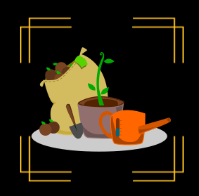
GREEN THUMB
We believe that everyone can benefit from growing their own food, regardless of their living situation. Whether you have a large yard, a small balcony, or even just a windowsill, you can grow your own vegetables and herbs. The benefits of growing your own food are numerous. Firstly, it's a great way to get fresh, healthy produce. By growing your own food, you can ensure that it's free of harmful chemicals and pesticides, and you can pick it at the peak of ripeness, ensuring maximum flavor and nutrition.
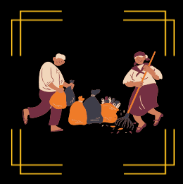
CLEEN SWEEP
he drive was aimed at creating awareness among people and inspiring them to take action towards keeping our surroundings clean and green. We organized teams of volunteers to clean up different public areas, including parks, streets, and beaches. The volunteers were provided with gloves, trash bags, and other necessary equipment to safely collect and dispose of the waste. During the drive, we also conducted awareness campaigns to educate people about the impact of litter on the environment and how they can reduce waste in their daily lives.
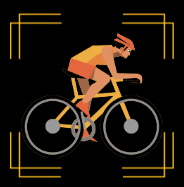
CYCLED EARTH
The drive aimed to raise awareness about the impact of transportation on the environment and encourage people to adopt sustainable practices such as walking, cycling, and using public transportation. Through this drive, we emphasized the importance of reducing greenhouse gas emissions, improving air quality, and conserving natural resources by making conscious decisions about transportation.
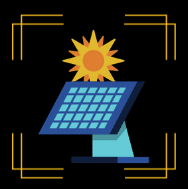
POWER UP
The drive aimed to educate people about the benefits of solar energy and encourage them to switch to this clean and sustainable form of energy. The campaign included various awareness and educational activities such as workshops, seminars, and online resources. The experts from the solar power companies provided information about the different types of solar energy systems, their installation, and maintenance. They also explained the financial incentives and government policies that support the use of solar energy.
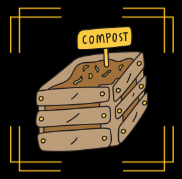
COMPOST-IT
The drive was aimed at promoting the importance of composting waste food material instead of simply diapoaing it off. The process of tire composting is simple and straightforward. We filled the tire with layers of organic waste, including food scraps, leaves, and grass clippings, and then covered the top layer with soil. Over time, the organic material in the tire broke down, creating nutrient-rich compost that we were able to use to fertilize plants in our gardens. The event brought together volunteers from various walks of life, including students, local residents, and environmental enthusiasts. Participants were given hands-on training on the best planting techniques, such as digging holes and planting saplings. The drive was a huge success, with over 500 trees planted in various locations around the community.The drive also served as a reminder of the power of collective action in creating a sustainable future for all.